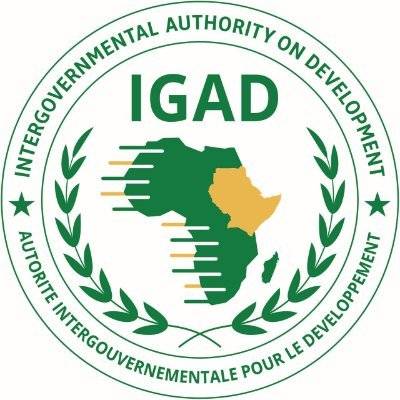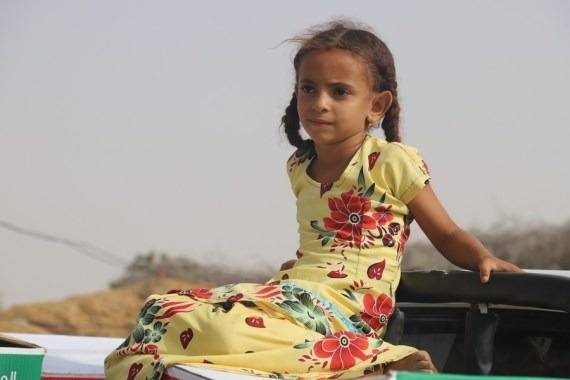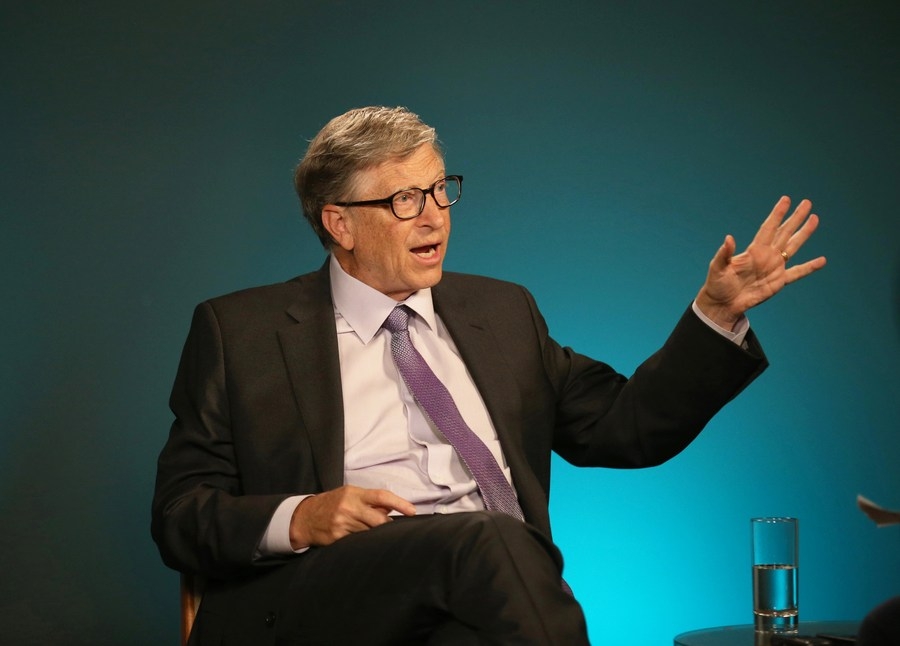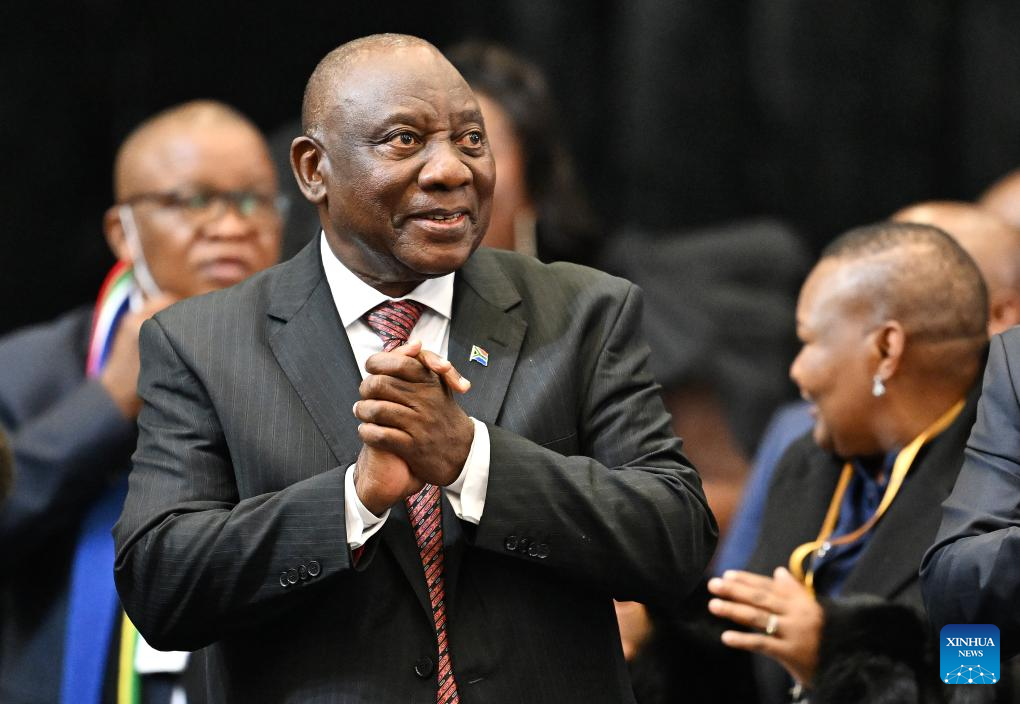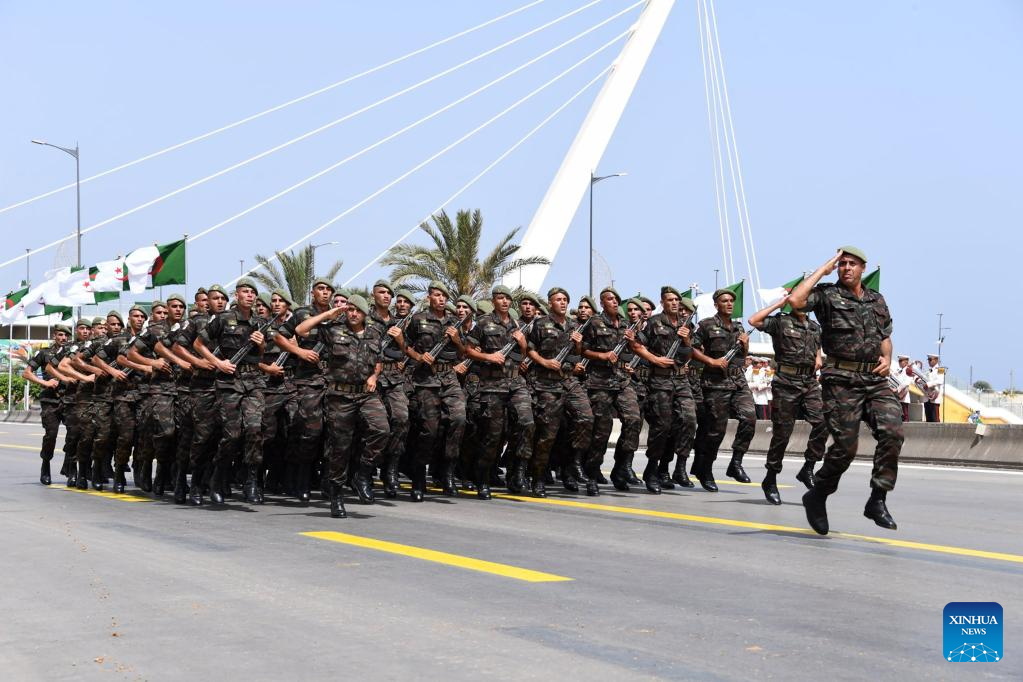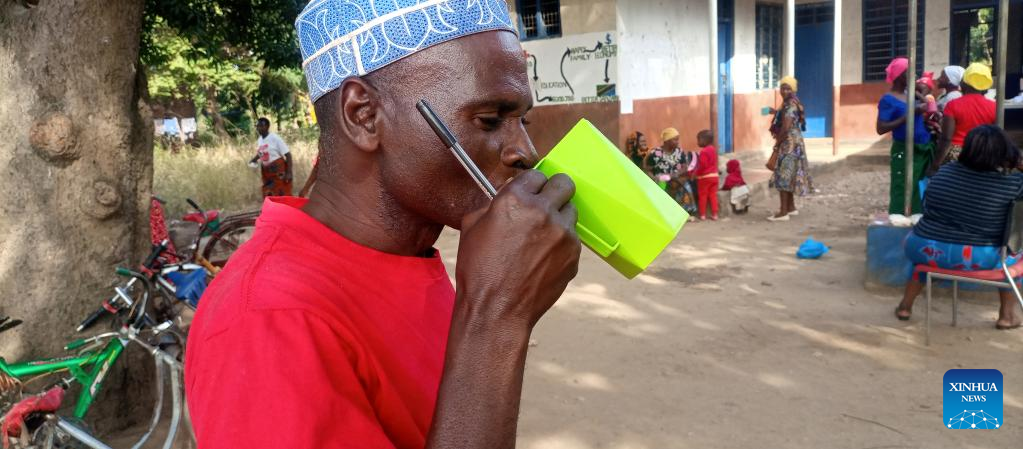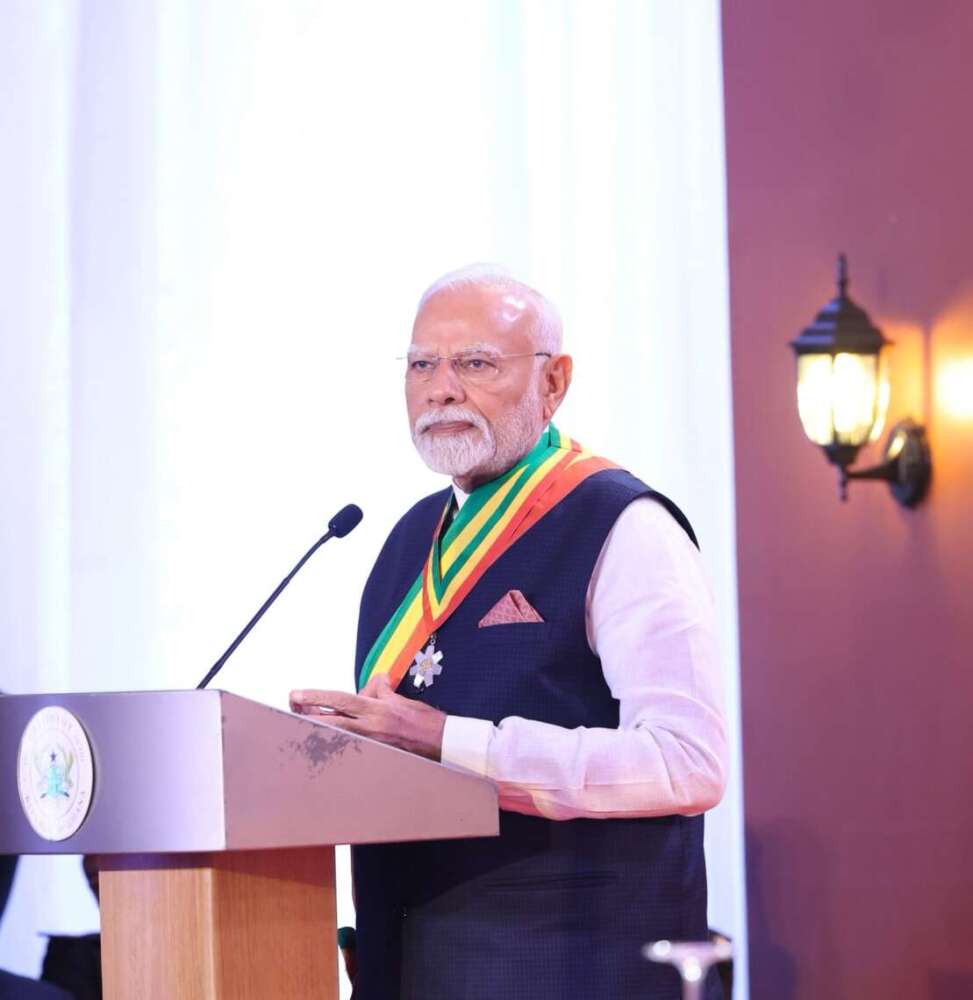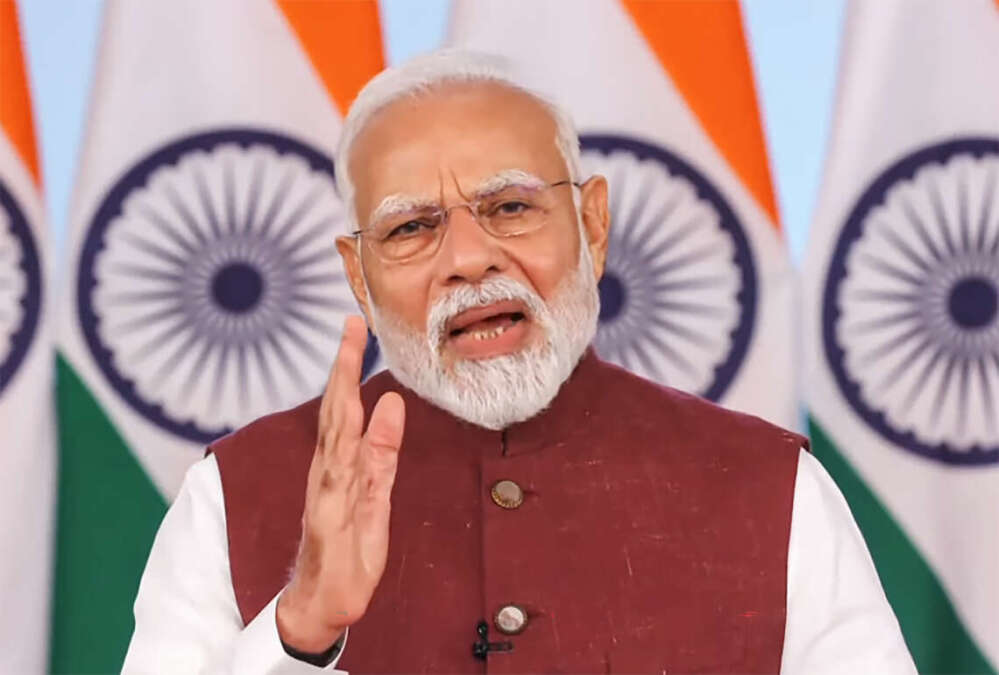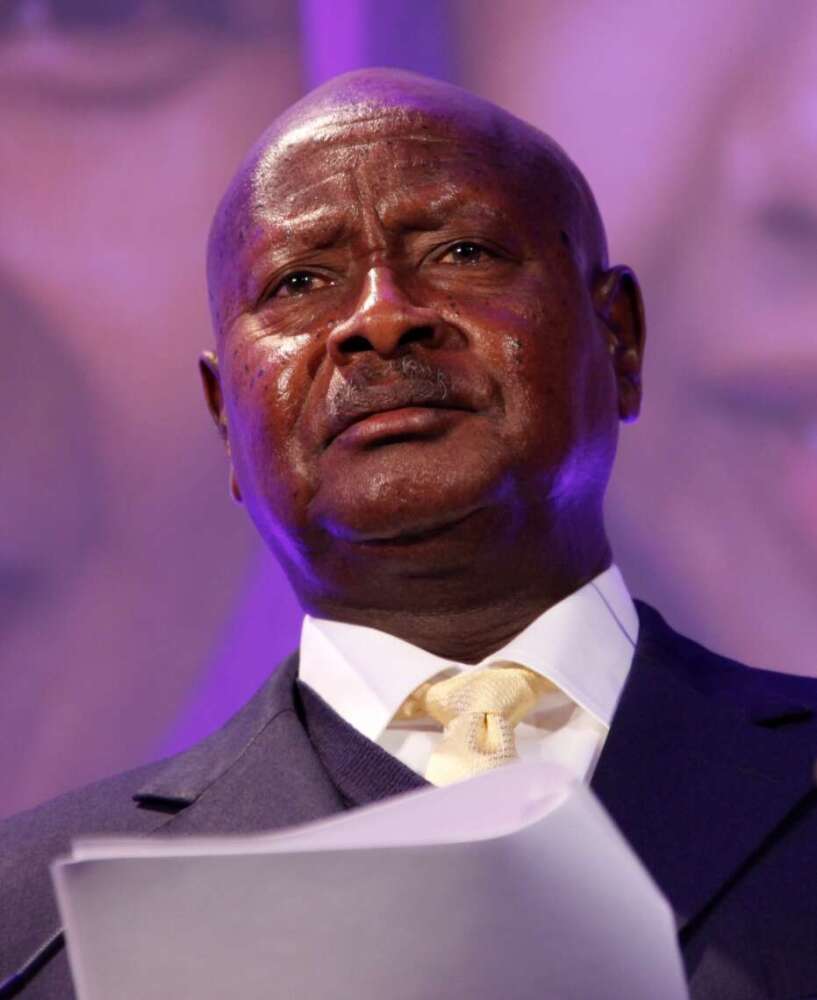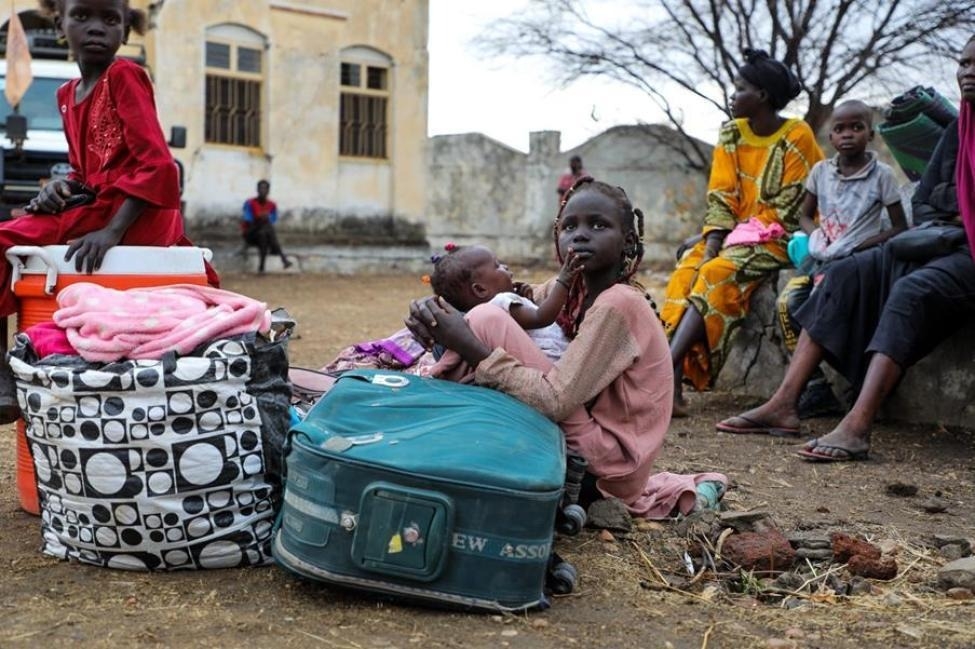Horn of Africa leaders vow to foster peace, address climate crisis at a special meeting in Nairobi
The Horn of Africa leaders reaffirmed their commitment to foster peace, stability, and integration while dedicating more efforts toward tackling climate emergencies.
Speaking at the 39th Inter-Governmental Authority on Development (IGAD) Extraordinary Assembly of the Heads of State and Government held in Nairobi, the Kenyan capital, the leaders pledged to promote peace, cohesion, and respond to the climate crisis in order to realize inclusive prosperity.
Abdel Fattah al-Burhan, Chairman of Sudan’s Transitional Sovereign Council and Chairperson of the IGAD Assembly of Heads of State and Government said a collective resolve was needed to tackle the security, economic and ecological crises facing the Horn of Africa region.
Al-Burhan singled out the escalating drought, armed conflicts, terrorism, human trafficking, and illegal migration as existential threats to the region’s stability and economic growth. The Horn of Africa region is also grappling with the proliferation of small arms that have fueled crime and instability even as climate-induced disasters worsen the vulnerability of civilians, noted Al-Burhan.
Kenyan President Uhuru Kenyatta called for dialogue to find a lasting solution to conflicts that have reversed economic progress in the Horn of Africa region. “The time is now to build a peaceful future for the next generation,” said Kenyatta, adding that Horn of Africa leaders had rallied behind a vision of fostering peace as a prerequisite to achieving sustainable development.
Kenyatta added that as a non-permanent member of the UN Security Council, Kenya will lobby multilateral institutions to back peace and reconciliation efforts in the regional hotspots. He said the drought, the worst in 40 years, has intensified food insecurity, dried up water sources and forced displacement of people, raising tensions that could trigger new conflicts. He called for urgent actions to manage the drought before it becomes a threat multiplier.
The regional leaders are expected to adopt two major reports focusing on the peace and security situation in the region as well as natural disasters that have worsened the fragility of nation-states.
Workneh Gebeyehu, executive secretary of IGAD said that besides addressing the drivers of instability in the region, the elected leaders will also explore long-term measures to help communities withstand climate shocks. Gebeyehu added that the Nairobi summit will also assess the adverse impacts of COVID-19 on states and societies and how to rebuild economies and livelihoods.
ALSO READ:IOM needs $93.4mn in funds for Horn of Africa
Bankole Adeoye, the African Union Commissioner for Political Affairs, Peace and Security, called on regional countries to work together in bolstering regional peace and security as well as in addressing emerging issues such as violent extremism and climate change.
“The African Union Commission stands ready to scale up support for IGAD initiatives in all these areas. We work together to consolidate political transitions, to address the scourge of terrorism and violent extremism, and to ensure collective security remains our overriding goal,” Adeoye said.
The IGAD leaders who attended the summit also included Djibouti President Ismail Omar Guelleh, Ethiopian Prime Minister Abiy Ahmed, South Sudan 2nd Vice President Taban Deng Gai, Somali Deputy Prime Minister Mahdi Mohammed Gulaid while Uganda was represented by Defence Minister Vincent Ssempijja.
Drought Situation
A global charity announced 28.5 million U.S. dollars to help families in 19 countries, mostly in Africa, facing the worst global hunger crisis in decades.
“The combined impact of conflicts, climate change, COVID, and the cost of inflating food prices has left up to 750,000 people facing famine conditions in Africa,” Gabriella Waaijman, Save the Children’s Humanitarian Director, said in a statement issued in Nairobi, the capital of Kenya.
Save the Children said that 19 countries where extreme hunger threatens to claim thousands of children’s lives are Afghanistan, Myanmar, DRC, Mali, Niger, Burkina Faso, Nigeria, Sudan, South Sudan, Somalia, Kenya, Ethiopia, Guatemala, Colombia, Venezuela, Haiti, Yemen, Syria, and Lebanon.
The charity warned that a further 49 million people could soon follow unless they receive immediate support, noting that failure to act now will prove catastrophic and could cost thousands of lives.
According to the charity, the number of people going hungry daily has doubled to 276 million from 135 million in the past two years, and now up to 750,000 people are facing famine conditions in five countries as drought collides with conflict and COVID-19.
The charity said the Horn of Africa has been crippled by drought after four consecutive failed rainy seasons with 18.4 million people facing acute food insecurity, raising fears about a repeat of 2011 when a lack of intervention led to famine in Somalia that killed 260,00 people, of whom half were children aged under 5.
Waaijman said malnutrition caused by extreme hunger remains one of the biggest killers of young children globally yet it is entirely preventable. She called on donors to join in and provide additional, flexible funding to support the scale-up of urgent lifesaving services to the most at-risk communities.


